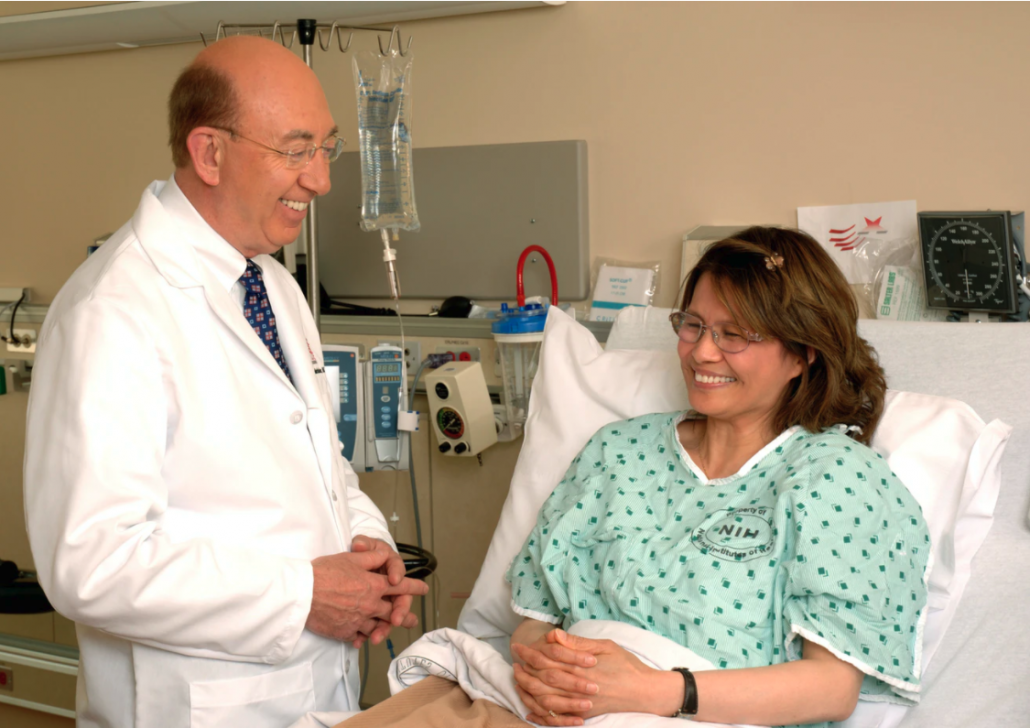Stem cell based therapies are used in restorative and regenerative medical fields to treat a wide range of diseases. However, most treatments are focused on treating blood, muscular and immune system disorders. There is a great deal of experimentation and research that is needed to learn more about stem cells. If you’re interested, continue your own personal research into stem cell treatments.

Research the Different Types of Treatments
The type of treatment differs based on the type of stem cell: embryonic, adult, induced pluripotent stem cells (iPSCs) and cord blood stem cells. Embryonic stem cells are derived from fresh human embryos; however, it’s the most controversial treatment and rarely used. Adult, or non-embryonic, stem cells are derived from the patient’s body or a donor’s body. Induced pluripotent stem cells (iPSCs) are cells that can differentiate into other types of cells and are currently being tested in regenerative medicine. Cord blood stem cells are derived from umbilical cord blood.
Find Out If You’re a Candidate
People with severe diseases or injuries are ideal candidates; however, not all conditions qualify for stem cell treatment. People with osteoarthritis or certain blood and immune system diseases are more likely to be treated than people with diabetes or Alzheimer’s disease.
Know the Risks
The rise of unproven stem cell treatments have created a rise in complications and deaths. These complications may include infections, cancer, blindness and heart conditions, to name a few. The most common risk occurs when the body rejects the newly implanted cells, and the condition fails to become resolved.
After treatment, patients could suffer from disease susceptibility, which occurs when their risks of developing a disease increase. Their cells could develop a neoplasm, either benign or malignant, or differentiate into unwanted cell types.
Having an underlying disease, such as diabetes or heart disease, could increase the risks of a failed treatment. It’s encouraged that patients only undergo stem cell therapies that are proven to be safe and effective.
Know the Success Rates
Many stem cell centers claim success rates of 80% or higher, according to data from the American Academy of Orthopaedic Surgeons. Knowing these rates is important because much of stem cell therapy is still experimental. There are many untested and potentially unsafe treatments that the FDA warns against taking.
Over several decades, billions of dollars have been donated to fund stem cell research. Stem cell therapy has achieved major commercial successes, but it continues to be new, experimental and controversial. Continue to review the risks, advantages and disadvantages of receiving this type of treatment, and decide if it’s the best option for you